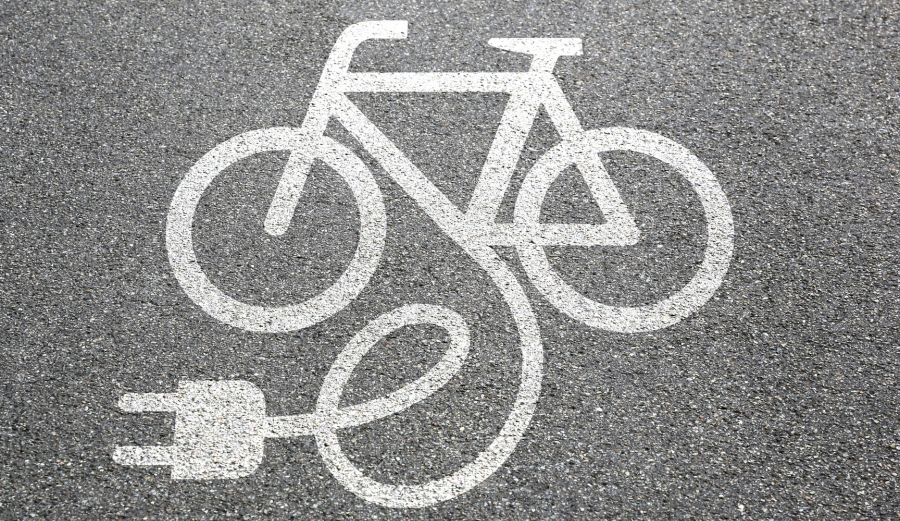
PACTS has responded to the Department for Transport consultation on proposed changes involving Electrically assisted pedal cycles (EAPCs) in Great Britain, otherwise known as e-bikes. This consultation is available here.
The consultation focuses on two proposed changes to existing EAPC regulations:
- to amend the legal definition of how EAPCs are classified so that the maximum continuous rated power of the electric motor must not exceed 500 Watts instead of 250 Watts as set out in the current regulations; and
- to allow “twist and go” EAPCs to have throttle assistance up to 15.5 mph (25 km/h) without the need for type approval.
It also seeks views on whether either or both of these proposals should be limited to disabled people and/or e-cargo bikes.
PACTS has responded to the consultation:
PACTS is well aware that mobility choice is changing with technological development, as well as incentives from different policy areas. Small, lightweight, zero-emissions vehicles are being used more extensively than they were five years ago. For example, e-scooters have proven to be popular. Simultaneously, active travel is being promoted.
Electrically assisted pedal cycles (EAPCs) are a well-established form of transport which provide a means for riders, and wider society, to benefit. This is especially so when there is a mode shift from larger, faster and therefore more dangerous modes.
The need to reduce carbon emissions from the transport sector means a shift to electric power. This includes the redesign of what are referred to as L-category vehicles – powered two-wheelers which, when compared with EAPCs, have a higher power and are solely mechanically propelled. They are classed as motor vehicles, which places obligations on the rider. They are disproportionately represented in casualty figures both for riders as well as other road users.
L-category vehicles already include a range of different forms, including a powered-bike. It may be possible that, in a few cases, simply changing electric power will not require a category or sub-category to be refined. However, PACTS considers that the proposals made in this consultation are not the appropriate route to make changes to the well-established and widely used EAPC.
PACTS recommends that the Government proceeds with earlier proposals presented by Transport Minister Baroness Vere, in May 2022, and creates a new low-speed zero-emissions vehicle category. That more considered approach would enable appropriate regulations to be drawn up for the manufacture and use of a range of new vehicles. These may include those which are purely electric powered and low speed, possibly, but not limited, to the form of a pedal cycle providing means for able and less-abled people to travel with or without cargo.
In light of this PACTS objects to the proposed changes. The full response can be accessed here.
